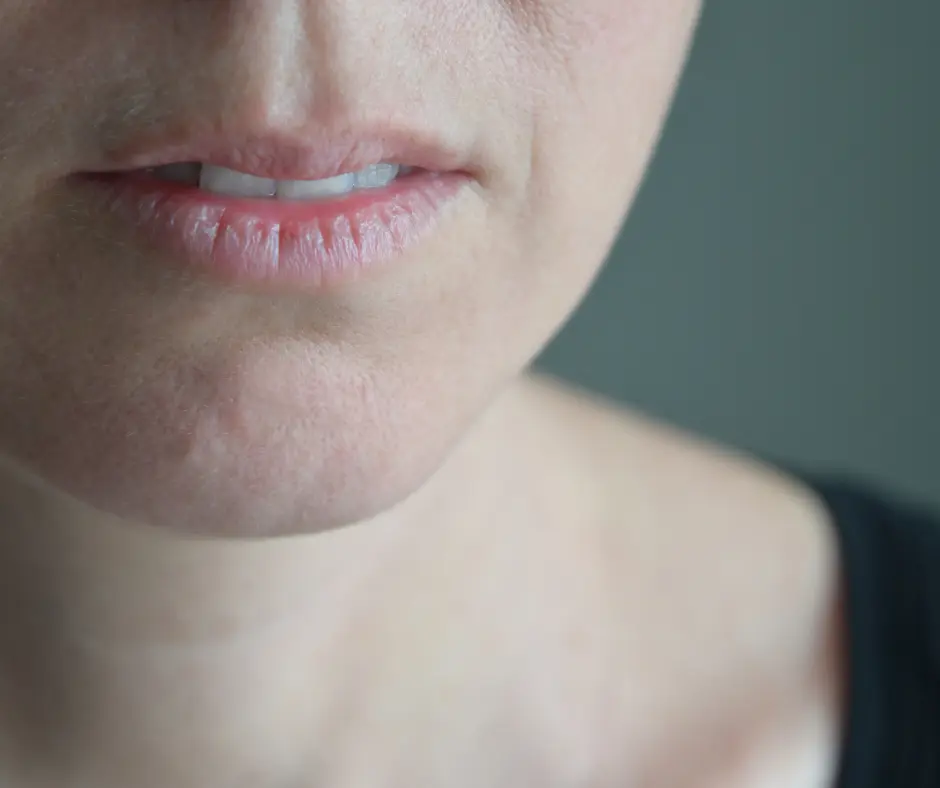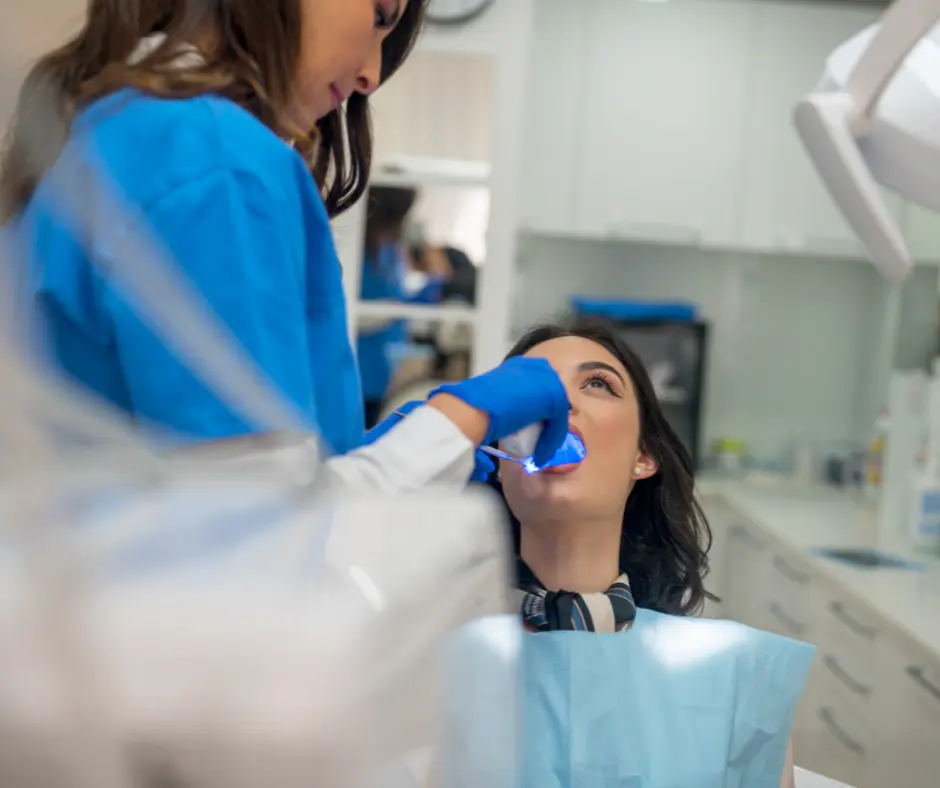Dry Mouth: Causes and Treatment
Dry mouth, medically known as xerostomia, is a common condition that affects many people. While it may seem like a minor inconvenience, chronic dry mouth can lead to more serious oral health issues. Understanding the causes and treatments of dry mouth is essential for maintaining a healthy mouth. This blog will explore the various causes, symptoms, and treatments for dry mouth, with a focus on options available in Rocky Mount, VA.

Causes of Dry Mouth
Dry mouth occurs when your salivary glands do not produce enough saliva, and several factors can contribute to this condition. Medications, including many prescription and over-the-counter drugs like antihistamines, decongestants, muscle relaxants, and those for high blood pressure, can cause dry mouth as a side effect. Aging also plays a role, as the body may produce less saliva over time, increasing the likelihood of chronic dry mouth. Certain medical conditions, such as diabetes, stroke, and autoimmune diseases like Sjögren’s syndrome, can also lead to dry mouth. Additionally, cancer treatments, particularly radiation therapy to the head and neck area, can damage salivary glands and result in xerostomia. Lifestyle factors such as smoking, chewing tobacco, and excessive alcohol consumption can reduce saliva production, while dehydration from not drinking enough water can exacerbate dry mouth symptoms.
What Is Dry Mouth a Symptom Of?
Dry mouth can be a symptom of various underlying conditions, including diabetes, where high blood sugar levels often lead to reduced saliva production. Sjögren’s syndrome, an autoimmune disorder, specifically targets the glands that produce saliva and tears, causing chronic dry mouth. Alzheimer’s disease patients may also experience dry mouth, either due to the disease itself or the medications used in treatment. Additionally, neurological conditions like stroke or Parkinson’s disease can impair the nerves that control salivation, resulting in persistent dry mouth. If you are suffering from a dry mouth, it is very important to be proactive and find out what’s causing it. We suggest booking an appointment at Crooked Road Family Dentistry in Rocky Mount, Va.
Signs of Dry Mouth
Identifying dry mouth is crucial for seeking timely treatment. Common signs include:
- A sticky or dry feeling in the mouth
- Thick, stringy saliva
- Cracked lips or corners of the mouth
- A dry, rough tongue
- Difficulty chewing, swallowing, or speaking
- Sore throat and dry nasal passages
- Bad breath (halitosis)
Facts About Dry Mouth
Dry mouth is particularly common among older adults, with about 30% of individuals over the age of 65 experiencing this condition. Women are more prone to dry mouth, especially during pregnancy or menopause, due to hormonal changes. Additionally, certain lifestyle habits like smoking can further exacerbate the symptoms of dry mouth, making it essential to address these factors for better oral health.
How to Get Rid of Dry Mouth

Treating dry mouth involves addressing the underlying cause while managing the symptoms with effective strategies. One way to treat dry mouth is with preventive dental care. Another way is by staying hydrated – drinking plenty of water throughout the day is essential to keeping your mouth moist. You can also use a humidifier, especially at night, as it adds moisture to the air and helps alleviate dry mouth symptoms. A simple yet effective treatment to dry mouth is chewing sugar-free gum or sucking on sugar-free candies as it stimulates saliva production, providing relief. It’s also important to avoid caffeine and alcohol, as both can contribute to dehydration and worsen dry mouth. If you are a smoker, quitting is another crucial step, as smoking decreases your saliva production. For professional treatment, it is recommended that you book an appointment at your local dentist office – Crooked Road Family Dentistry.
Home Remedies for Dry Mouth
In addition to the previous tips, there are several home remedies that can help manage dry mouth. Using TheraBreath Dry Mouth Oral Rinse, which is specifically designed to combat dry mouth, can provide effective relief. Incorporating moist foods into your diet, such as fruits and vegetables with high water content, can also help keep your mouth hydrated. Additionally, avoiding spicy or acidic foods is important, as these can irritate your mouth and exacerbate dry mouth symptoms.
When to See a Doctor or Dentist for Dry Mouth Treatment
If your dry mouth persists despite trying home remedies, it’s essential to see a healthcare professional. A dentist can provide a thorough examination and recommend xerostomia treatments. If your dry mouth is linked to an underlying health condition, such as diabetes, managing that condition may alleviate your symptoms.
At Crooked Road Family Dentistry, we offer specialized care for dry mouth, including personalized treatment plans tailored to your specific needs.

Crooked Road Family Dentistry Can Treat Your Dry Mouth
Dry mouth is a common but often overlooked condition that can significantly impact your quality of life. By understanding the causes and treatments, you can take proactive steps to manage your symptoms. If you’re experiencing dry mouth, don’t hesitate to seek professional help. Crooked Road Family Dentistry in Rocky Mount, VA, offers affordable and effective treatments to help you maintain a healthy and comfortable mouth.
FAQs
What diseases cause dry mouth?
Dry mouth can be caused by diseases such as diabetes, Sjögren’s syndrome, Alzheimer’s disease, and Parkinson’s disease.
What medication causes dry mouth?
Medications such as antihistamines, decongestants, muscle relaxants, and those for high blood pressure can cause dry mouth.
Is TheraBreath good for dry mouth?
Yes, TheraBreath Dry Mouth Oral Rinse is designed to provide relief from dry mouth symptoms.
What is a quick cure for dry mouth?
Staying hydrated, chewing sugar-free gum, and using a humidifier can provide quick relief.
What deficiency causes dry mouth?
A deficiency in certain nutrients, such as vitamin B12 or iron, can contribute to dry mouth.
How do I stop dry mouth at night while sleeping?
Using a humidifier, staying hydrated, and avoiding alcohol before bed can help reduce dry mouth at night.
Is it normal to wake up with a really dry mouth?
While it’s common, persistent dry mouth upon waking may indicate an underlying issue and should be discussed with a healthcare provider.








